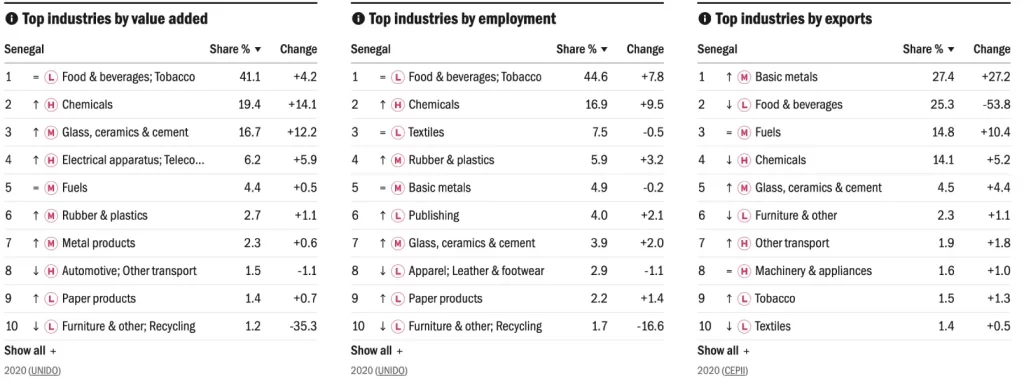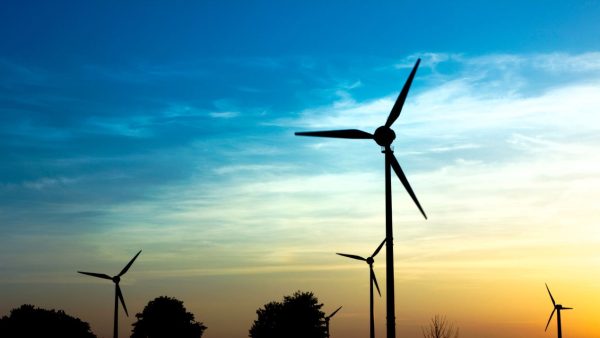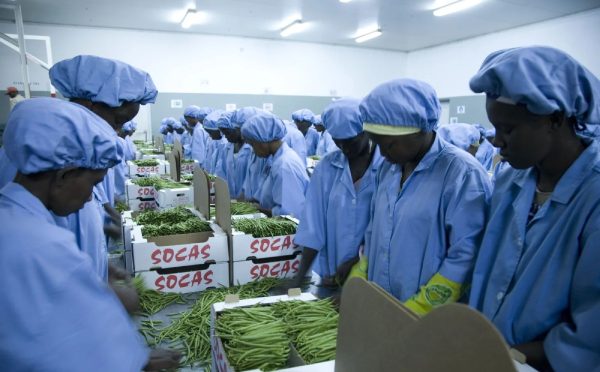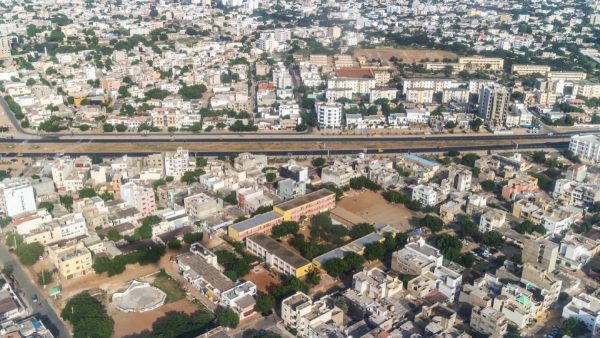Senegal
This project phase has been completed.
Ensuring greener growth
In the last decade, successive governments in Senegal have prioritised rapid industrialization to propel economic growth, mainly in and around the capital Dakar, and have pledged to make electricity available across the whole country by 2025. Senegal has abundant solar, wind and bioenergy potential, yet the country, including its growing industries, remains largely dependent on imported oil and diesel. This means energy prices are high, there’s insufficient supply, and outdated infrastructure makes power-outages common. Not only does Senegal’s over reliance on fossil fuels come at a massive environmental and financial cost, it is harming the performance and competitiveness of its industries.
As Senegal’s economy continues to grow, so does the demand for power. Introducing and scaling-up renewable energy and energy efficient solutions will enable the country’s industries to expand while ushering in a greener, more sustainable path to economic growth. It will also bring Senegal closer to meeting its commitments to reduce greenhouse gas emissions.
Why is industrial energy efficiency and decarbonization important for Senegal?
Around a quarter of the 17 million people who live in Senegal live in Dakar. One of the main reasons for this is that 80% of Senegal’s industries are located there. But the city was built to accommodate 300,000 people and it is desperately over-stretched. With the Senegalese government keen to grow the economy, finding alternative places to house industries and the people who work in them is a priority.
Diamniadio Lake City is being built about 30 kilometres from Dakar to do just that. The city, which is due for completion in 2035, includes a new industrial park to attract businesses and people to the area. Ensuring the industrial park utilises renewable, low-carbon technologies and energy efficiency interventions will future-proof it and establish a model for coordinated industrialisation that can be replicated elsewhere. This will deliver more economic opportunities for the people who move to Diamniadio, and others who gain employment in future industrial parks, and ultimately lead to a better quality of life for many Senegalese people.
Energy efficiency and renewable energy technologies offer cost-effective, reliable solutions to the challenges Senegalese industries face. Businesses and consumers connected to Senegal’s electricity grid currently have to contend with highly unstable and unreliable power supply, which causes revenue and productivity losses for firms and the economy as a whole.
Enabling industries to stop using ageing and inefficient equipment powered by expensive fossil fuels will make it easier for Senegal to retain, attract and support the growth of businesses – and by extension, its economy.
Senegal’s growing industries are a key source of greenhouse gases emissions. By focusing on making renewable, low-carbon technologies and energy efficient measures the foundation of the country’s new industrial parks, while greening existing businesses, Senegal can seize the opportunity to stop the industrialization process from damaging the planet.
Accelerating industrial energy efficiency in Senegal
Senegal is committed to adopting a sustainable, low-carbon path to industrialization. A six-year partnership with UNIDO supported by the Global Environment Facility, which is now in its final year, is supporting the country to get there.
The partnership has increased the use of energy efficiency solutions and renewable, low-carbon technologies to reduce the carbon intensity of industrialization and urbanization in Dakar and Diamniadio. Through its extensive technical assistance, knowledge and capacity building programme, UNIDO has supported government officials, plants managers, engineers and others to gain valuable insights into how green technologies can increase energy security and reduce financial and environmental costs, while equipping them with the expertise, tools, business models and best practices to take such projects forward and scale them up across Senegal as industries grow.

Key service areas
Training and know-how
A central aspect of UNIDO’s support is working with 10 enterprises in Diamniadio Industrial Park to undertake energy audits and to trial small- and medium-scale pilot projects using renewable, low-carbon technologies, energy efficiency applications and RECP (resource efficient and cleaner production) measures. These pilots demonstrate the technical feasibility and commercial viability for a diverse range of green technologies and measures, from using solar energy to power a cement factory to making an agro-processing plant energy efficient. Energy efficiency is particularly appealing as it reduces energy waste and losses, making it a cheap and relatively easy solution to implement.
UNIDO is supporting training workshops for staff in the 10 companie, which cover how to set up, operate and maintain these technologies and measures, including how to implement the internationally regarded standards on ISO 50001 energy and ISO 14001 environmental management.
Advocacy and policy support
UNIDO’s technical assistance has supported government bodies to jointly develop a national policy framework for sustainable and resilient industrialization in Senegal. This includes a strategy for designing, implementing and managing sustainable industrial parks using an integrated, urban-planning approach.
Financing solutions
With support from UNIDO, APROSI – Diamniadio Industrial Park’s owner and operator – will use evidence generated by the pilot projects to develop a business model to mobilise investments for new, sustainable industrial parks across Senegal.
Raising awareness of the benefits delivered by the pilots will boost demand in Senegal for renewable technologies and energy efficiency measures, generating the pull for market creation and encouraging financing institutions to lend.
Impact
thousand tons of greenhouse gas emissions avoided
thousand MWh energy saved
MW of renewable energy installed
pilot projects developed to showcase the benefits of energy efficiency and renewable energy solutions and RECP measures in industrial enterprises.






